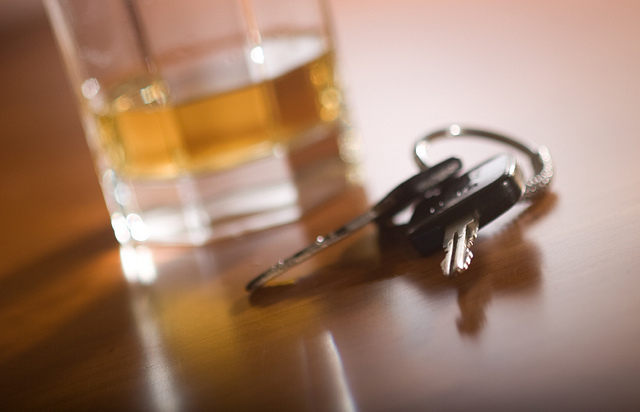UPDATED: NOVEMBER 14, 2019
Article by Daniel A. Levy, Esq.
According to N.J.S.A. 39:4-50, a person is guilty of Driving While Intoxicated (DWI) if they operate a vehicle while under the influence of intoxicating liquor, narcotics, hallucinogenic or habit-producing drugs. It is also a disorderly persons offense to by in public while under the influence of a controlled dangerous substance (CDS), pursuant to N.J.S.A. 2C:35-10(b). Most people understand how the state can prove a DWI case when alcohol is involved. We’ve heard the term “breathalyzer” and we know that police routinely use breath-based tests to determine whether someone is “above the legal limit.” But with drugs, the case is a bit different, specifically because there is no “legal limit” for drugs.
The New Jersey Supreme Court, in the case of State v. Bealor, 187 N.J. 574 (2006) stated: The statute also does not define the quantum of narcotics, hallucinogens or habit-producing drugs required in order to violate its prohibition. Instead, as with alcohol intoxication, the issue is simple: was the defendant “under the influence” of a narcotic, hallucinogen or habit-producing drug while he operated a motor vehicle. We have described generally the term “under the influence” as a substantial deterioration or diminution of the mental faculties or physical capabilities of a person whether it be due to intoxicating liquor, narcotic, hallucinogenic or habit producing drugs. We also have explained that the term “under the influence” means a condition which so affects the judgment or control of a motor vehicle operator as to make it improper for him to drive on the highway.
As such, to convict a person of DWI when drugs are involved, the State has the added burden of proving beyond a reasonable doubt that the defendant was intoxicated by marijuana and that his judgment or control of the vehicle were so affected that it was improper for him to be driving.
The State’s principal argument for proving intoxication typically consists of an evaluation by a Drug Recognition Expert (DRE). A DRE is a police officer that has completed a special course in drug recognition. This consists of a 9-day classroom course and then several tests in the field. At the end of the program, the officer would be licensed to perform drug recognition evaluations. These evaluations consist of a variety of tests, like walking a line, finger to nose, etc. as well as measuring things like blood pressure, pupil size, temperature, etc. Prosecutors will typically take it as gospel that these individuals are experts in recognizing with someone is intoxicated on one of the substances described in the DWI statute.
I have fought prosecutors on this issue because the fact of the matter is that there really is no actual science behind the DRE program. There is not a single scientific study that anyone could identify (including people who actually teach the courses) that shows that the tests are scientifically reliable or that they are even useful in proving anything. And the New Jersey Appellate Division and Supreme Court have, to date, never issued an opinion one way or the other about whether DRE officers should be accepted as “experts” at a trial.
At the end of the day, it is assumed that a trial judge in New Jersey municipal court or criminal court will allow a DRE officer to testify. It is up to the trier of fact (the jury or the judge in a bench trial) to determine how much weight to give such testimony. Therefore, it is important to retain competent counsel who will challenge each and every aspect of a DRE’s opinion and show that the “evaluation” is based on nothing more than junk science.




